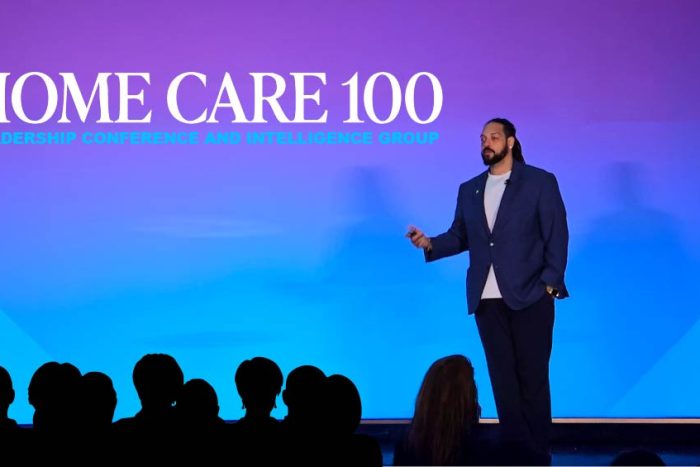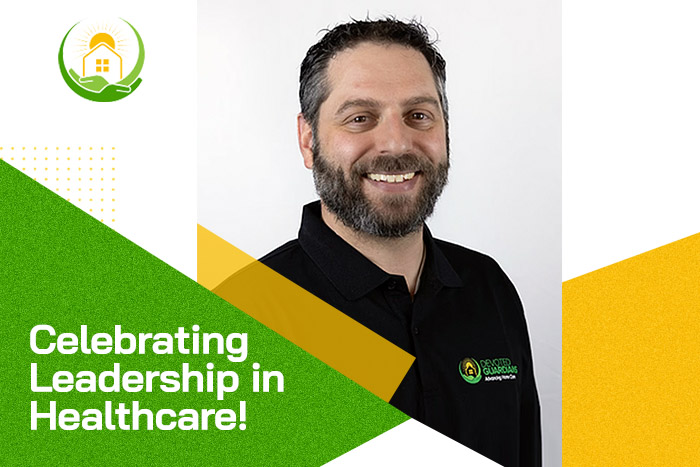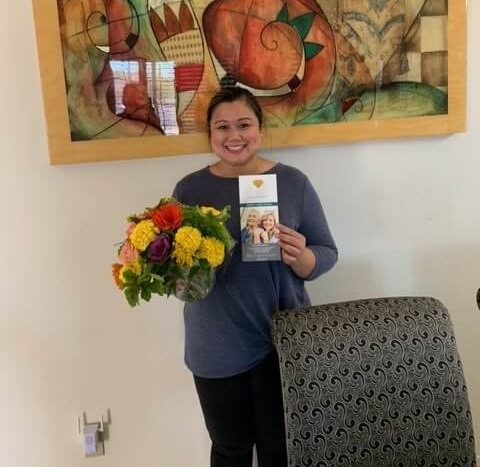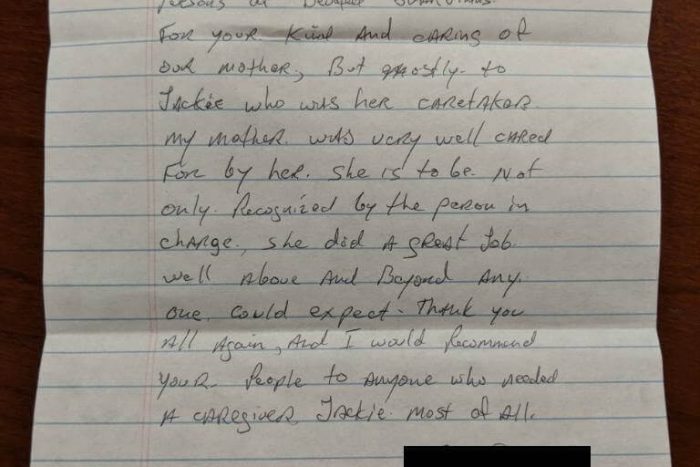We’re thrilled to share that Devoted Guardians has been recognized with the 2025 Excellence in Business Award in the Large Business category—selected from more than 70 outstanding companies! This honor reflects the deep impact our work has on Arizona residents—both in the care we provide to…
At this year’s HomeCare100 Summer Conference, a premier gathering of home care thought leaders, our very own Chief Operating Officer, Justin Tyler, took the stage during the “Provider Showcase: Leveling Up Your Core” session to present a message that hits at the heart of…
We’re excited to announce the launch of our newly redesigned website at devotedguardians.com! This update reflects who we are today: a trusted provider of both home care and home health services, equally committed to delivering exceptional care to our clients and supporting the…
Devoted Guardians is proud to announce that our CEO, Aaron Sinykin, has been named among Who’s Who in Arizona Healthcare for 2025 by AZ Big Media—a distinguished recognition celebrating influential leaders who are shaping the future of healthcare in the…
The Customer Advisory Board will be a voice for the industry, comprised of agencies and professionals who have achieved outstanding results with HCP’s Experience Management, Training, and Reputation Management solutions. Through its Board, HCP will continue to enable providers to…
We received a call from Bunkers Funeral Home and this company does something unique; someone passes away and if they had a caregiver the family can nominate someone who went above and beyond. One of our Caregivers, Chawsu, was nominated…
Here are the pumpkins we have received so far for this years Halloween Pumpkin Carving Contest We just recently had a pumpkin carving contest with the facilities we work with to decorate a pumpkin. We will be choosing three winners.…
I know this statement may be late in coming, but I needed the time to collect my thoughts and try to find the best way to articulate how I was feeling and how best to express our position. We…
A lot of our clients don't use computers and we get a lot of handwritten testimonials that in this digital age don't get the recognition they deserve. We can't post names, so w had to block out the names here…
AAHC is a powerful and passionate voice promoting the value of home care. The Association is the preeminent source of home health education and provides innovative solutions to meet members’ needs. Participation is an essential component of our members’ success.










